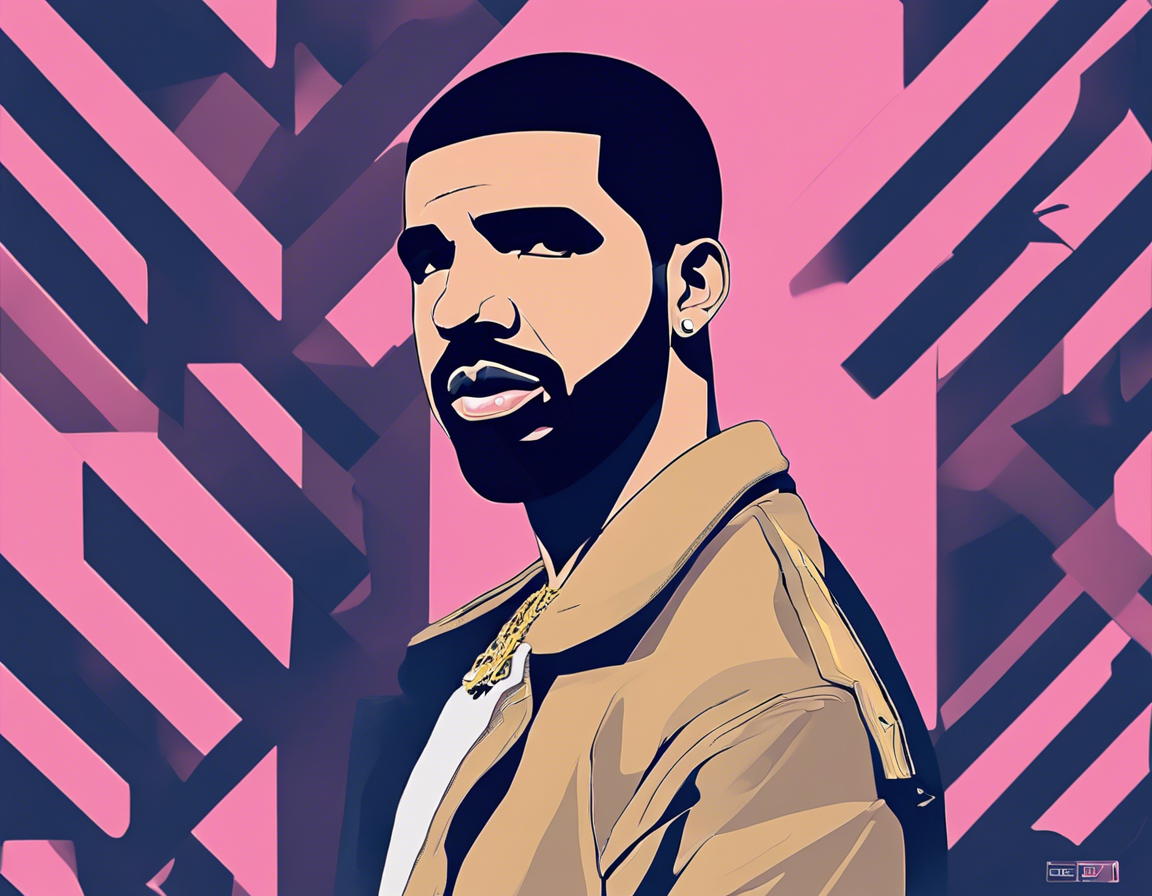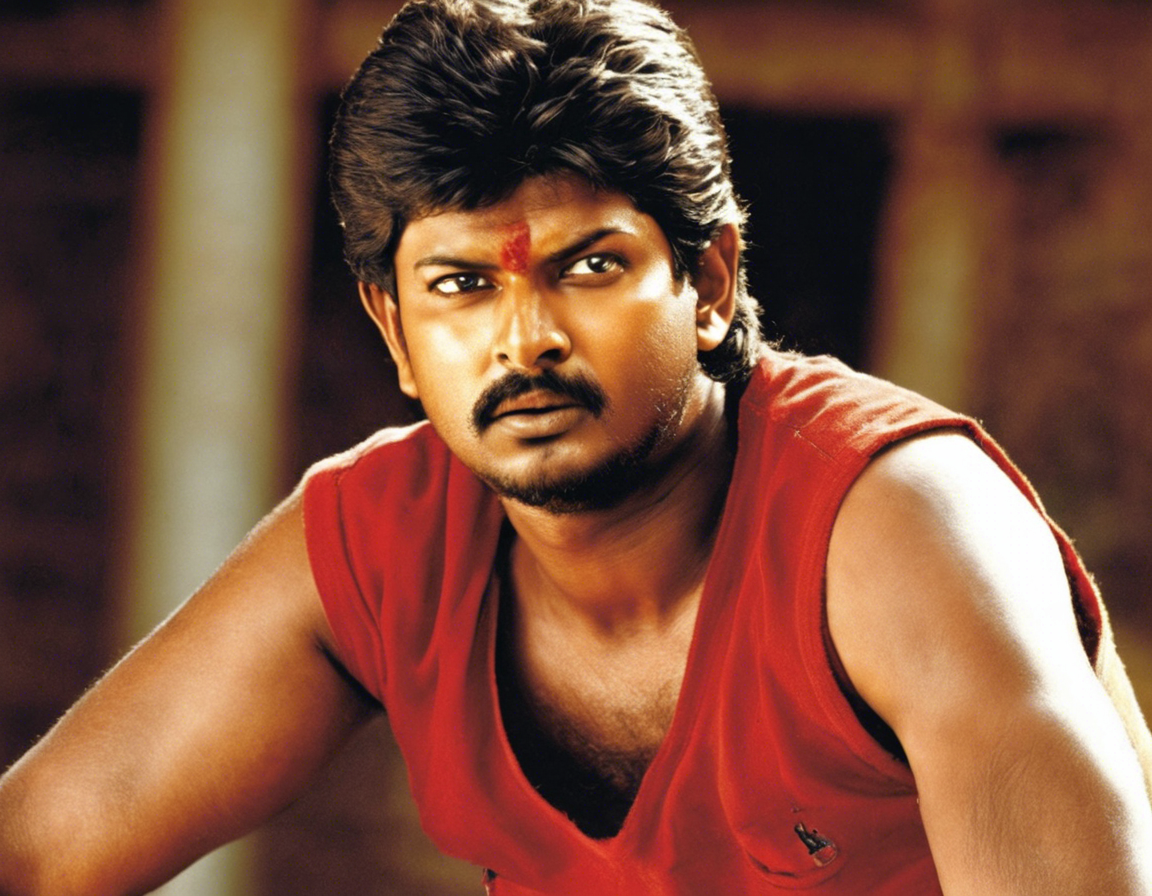Introduction
In today’s digital age, privacy and data security have become increasingly important. Recently, news of a Drake video leak has sparked discussions about the implications of such breaches on personal and professional reputations. This article will delve into the details of the Drake video leak, its potential impact, and the broader implications for privacy in the online world.
The Drake Video Leak: What Happened?
The Drake video leak refers to the unauthorized release of a private video involving the popular rapper and music artist, Drake. The video, which was intended to be kept private, was leaked online without his consent. The footage quickly spread across various social media platforms, garnering widespread attention and sparking a debate about privacy and consent in the digital age.
Implications for Privacy and Consent
The Drake video leak serves as a stark reminder of the importance of maintaining privacy and consent in the online realm. In an era where data breaches and leaks are becoming increasingly common, individuals must be vigilant about safeguarding their personal information and content. The incident raises questions about the ethics of sharing private material without consent and the potential repercussions for both the victims and the perpetrators involved.
Legal Ramifications and Digital Rights
From a legal standpoint, the Drake video leak raises complex issues surrounding digital rights and intellectual property. Individuals have the right to control how their personal information and content are shared, and unauthorized leaks can have serious legal consequences. In the case of public figures like Drake, protecting their privacy becomes even more challenging, as they often face heightened scrutiny and the constant threat of invasive breaches.
The Role of Cybersecurity Measures
In light of the Drake video leak, it is crucial for individuals to prioritize cybersecurity measures to protect their online data and assets. From using strong passwords and encryption to implementing two-factor authentication and regularly updating privacy settings, there are numerous steps that individuals can take to reduce the risk of unauthorized access and leaks. Maintaining digital hygiene and staying informed about the latest security threats are essential components of safeguarding one’s online presence.
The Importance of Consent Culture
The Drake video leak underscores the need for a consent culture that respects individuals’ boundaries and autonomy. Whether in the realm of intimate relationships, professional settings, or online interactions, seeking explicit consent before sharing private content is paramount. By promoting a culture of respect and consent, we can create safer and more respectful online environments where individuals’ privacy rights are upheld.
FAQs (Frequently Asked Questions)
Q1: What are the potential consequences of sharing private videos without consent?
A1: Sharing private videos without consent can have serious legal ramifications, including potential charges of invasion of privacy, copyright infringement, and defamation. It can also damage relationships, reputations, and trust between individuals.
Q2: How can individuals protect their privacy online in light of leaks like the Drake video incident?
A2: Individuals can protect their privacy online by using strong passwords, enabling two-factor authentication, being cautious about sharing personal information, regularly updating privacy settings, and being aware of potential security threats.
Q3: What are some ethical considerations to keep in mind when sharing content online?
A3: When sharing content online, it is important to consider the privacy and consent of others, respect their boundaries, and seek permission before sharing sensitive or private material. Being mindful of the potential impact of your actions on others is key.
Q4: How can individuals advocate for stronger data privacy laws and regulations to prevent future leaks?
A4: Individuals can advocate for stronger data privacy laws and regulations by supporting organizations and initiatives that promote online privacy rights, signing petitions, contacting lawmakers, and raising awareness about the importance of data protection.
Q5: What steps can public figures like Drake take to protect their privacy in an age of constant digital scrutiny?
A5: Public figures can protect their privacy by implementing robust cybersecurity measures, working with legal and security professionals to safeguard their digital assets, being cautious about sharing personal information online, and educating their teams and followers about privacy best practices.
In conclusion, the Drake video leak serves as a wake-up call about the importance of privacy, consent, and cybersecurity in the digital age. By understanding the implications of unauthorized leaks, advocating for stronger privacy protections, and promoting a culture of consent and respect, we can create a safer and more secure online environment for all individuals.



